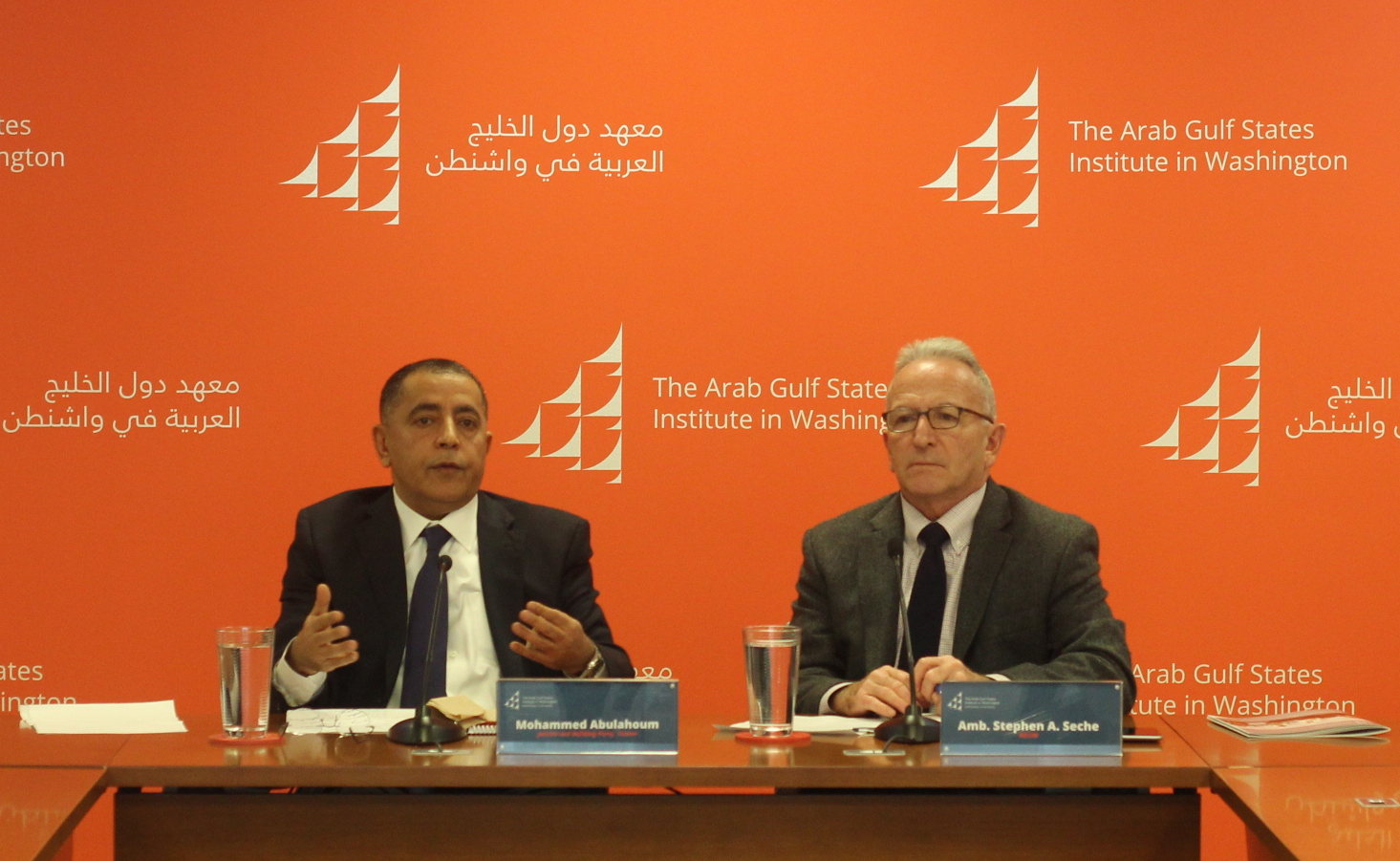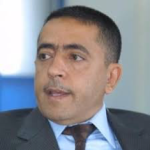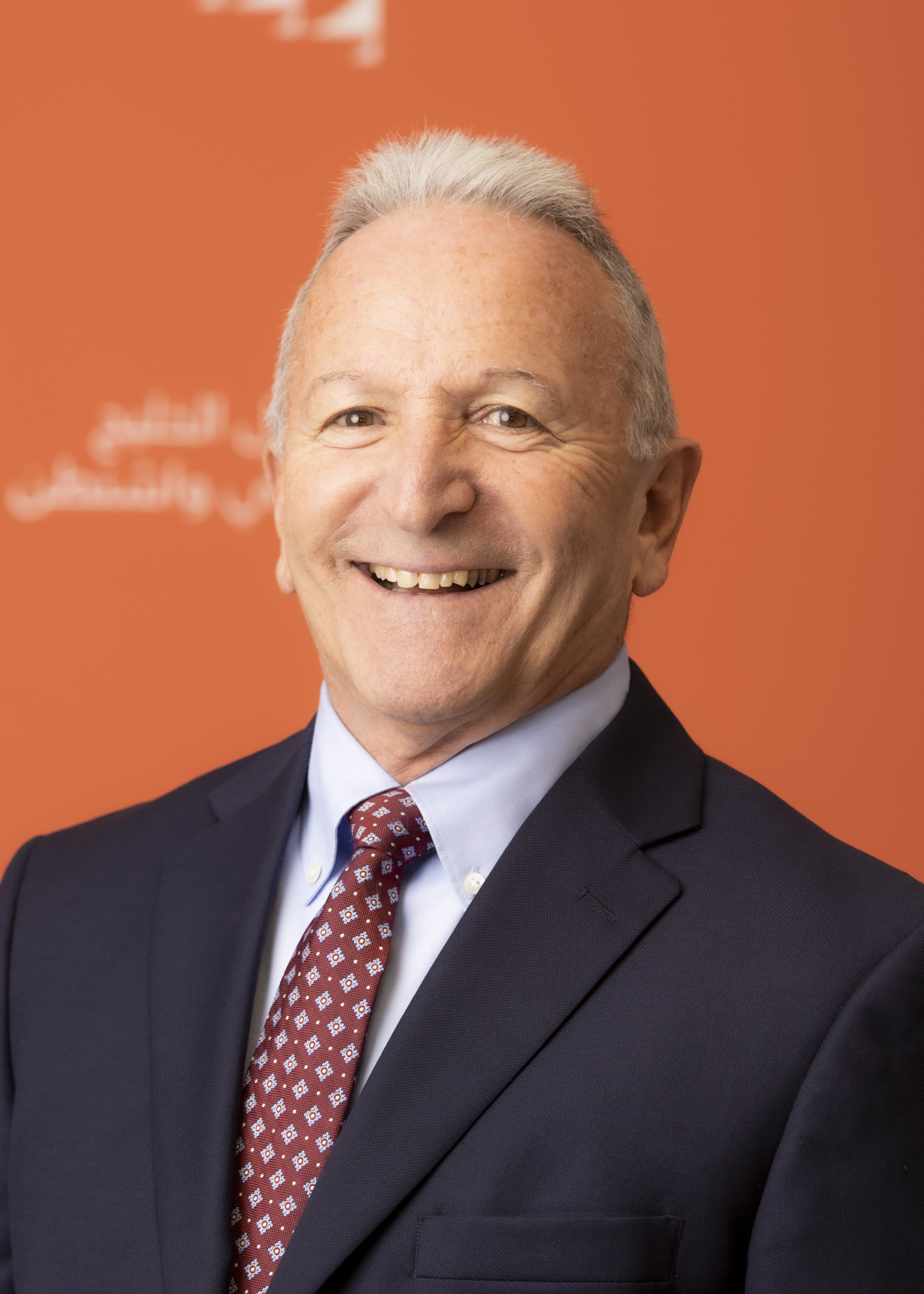Past Event
Discussion With Mohammed Abulahoum
Date
Dec 6, 2019
Location
Washington, DC

About the event
The November 5 power-sharing agreement between the U.N.-recognized Yemeni government of President Abd Rabbu Mansour Hadi and the pro-secession Southern Transitional Council has been welcomed as an opportunity to build momentum toward a broader, national framework for negotiations that may eventually lead to the end of Yemen’s war. Saudi King Salman bin Abdulaziz echoed this view on November 20, giving further impetus to the search for a political settlement in Yemen. Is the end to Yemen’s long war in sight? Can the Riyadh agreement produce a unified coalition capable of engaging effectively with the Houthi rebels politically and, if need be, militarily? How can the international community contribute most effectively to the search for peace in Yemen at this crucial juncture?
At this roundtable, part of AGSIW’s in-depth coverage of the war in Yemen, Mohammed Abulahoum of Yemen’s Justice and Building Party discussed these and other key dynamics at play in Yemen. Ambassador Stephen A. Seche, AGSIW executive vice president and former U.S. ambassador to Yemen, moderated the conversation.
The views represented herein are the author's or speaker's own and do not necessarily reflect the views of AGSI, its staff, or its board of directors.

